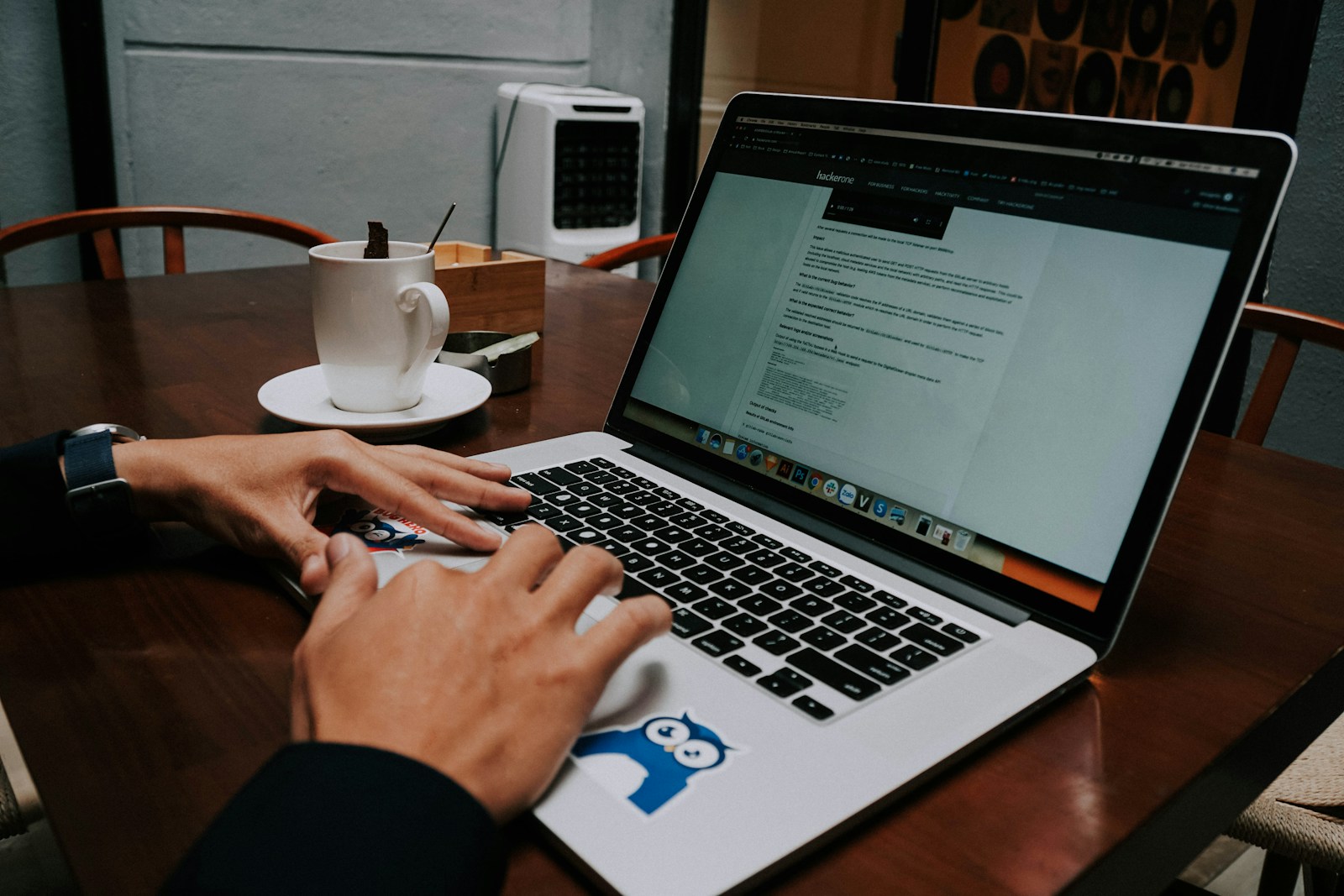A beachfront café in Bali. A co-working space in Lisbon. A small apartment in Medellín. The digital nomad life promises freedom, adventure, and the dream of running your startup from anywhere in the world. But behind the Instagram-ready moments is a reality many overlook: the constant risk to your company’s data, systems, and reputation.
Your startup becomes a prime target for hackers and data snoopers when your team is dispersed across time zones, devices, and networks that you have no control over. The good news is that you can maintain business security without sacrificing the benefits of living a location-independent lifestyle.
The First Line of Defense: Encrypt Everything
Unsecured Wi-Fi may be your greatest vulnerability if your job requires you to use public networks, airport lounges, hotels, or the coffee shop down the street. Because open networks make it simple to intercept your connection and obtain private data, such as payment information and login credentials, hackers adore these settings.
That’s why many seasoned nomads make it a habit to download a VPN. A virtual private network encrypts your internet traffic so that even if someone tries to spy on your activity, all they see is scrambled data. It’s not the only security measure you need, but it’s a simple habit that adds an essential layer of protection.
Remote Teams, Scattered Risks
As a digital nomad, running a startup frequently entails overseeing a similarly dispersed workforce. Perhaps your designer is in South America, your developer is in Eastern Europe, and your marketing assistant is back home.
Legal protections and security standards differ greatly when individuals work from different countries. You cannot presume that everyone is using a secure network or that they are not disclosing company passwords. Here, a well-crafted remote work policy can be beneficial. Clearly define your expectations for communication tools, password hygiene, and device security.
Additionally, make use of robustly encrypted secure collaboration platforms. Instead of sending login information via email or chat, think about using a password manager if your team needs to share credentials.
A closer look at the threat posed by the digital nomad highlights how workers who jump from one unsecured network to another can become gateways for cyberattacks that impact an entire company.
Work Devices Are Prime Targets
Your phone and laptop turn into your office when you’re traveling. You lose more than just hardware if they are misplaced, stolen, or infected; you also jeopardize your clients’ confidence, your intellectual property, and your productivity.
Simple physical security makes a big difference. Never leave your electronics unattended in coffee shops or coworking spaces. If you must move away, use cable locks. Backups should always be safely kept on encrypted external drives and in the cloud. Turn on full disk encryption on all of your devices to keep your files locked away in the event that your laptop is stolen.
Keep Business and Personal Separate
This is an easy but important one. You should never use the same laptop user profile for both your personal Netflix account and your startup’s financial records. Keep your work and personal logins separate. Even better, whenever feasible, use specific devices for business-related tasks.
If one aspect of your digital life is compromised, isolation lessens the harm. Your client information shouldn’t be exposed if you install a dubious app on your personal profile.
Watch Out for Phishing
You will probably receive a lot of emails from unknown senders while you are traveling, including confirmations from hostels, invitations to local events, and visa services. Because they are aware of this, cybercriminals use phony emails to fool remote workers into clicking on harmful links or providing login credentials.
Remain wary. Verify URLs twice before clicking. Make use of multi-factor authentication on all accounts to make it difficult for hackers to gain access, even in the event that your password is compromised.
Choose Tools with Strong Security
Project management software, communication apps, and cloud storage are essential tools for digital nomads. However, not every service handles your data with the same level of care.
Reputable companies with a solid reputation for security and privacy should be used. Steer clear of free tools with unclear privacy policies. Examine the fine print to see if your data is encrypted both in transit and at rest.
Enable end-to-end encryption for file sharing and messaging whenever you can. Ensure that your team is proficient in using these features. Only when everyone is on board will it succeed.
Plan for the Worst
Being ready for the worst is a key component of good security. Make multiple backups of all important files. Keep sensitive passwords safe in a reliable password manager, and grant access to only those who actually require it.
Know exactly what to do in the event that a device is stolen or lost. Verify that the remote wipe features are turned on. Running a startup with private customer information may also require you to abide by data protection regulations that mandate prompt reporting of security breaches.
Regularly review your plan, particularly if your team expands or moves to a new location.
Privacy Matters for Founders Too
As a remote founder, you are safeguarding not only your business but also yourself. You run the risk of being physically and digitally threatened if you overshare your location, tag locations where you work, or post travel plans in real time.
Some details should be kept confidential. If necessary, use aliases for work accounts. Wait until you’ve landed before posting your flight plans. You remain unpredictable to those with malicious intent when you take small actions like this.
Stay Curious and Keep Learning
Digital security is not a one-time checklist. It’s an ongoing mindset. Stay up to date on the latest threats targeting travelers and remote workers. Follow reputable security blogs, join online communities, and keep your team informed.
If you’re new to this lifestyle, check out resources like this guide to security tips and devices for digital nomads. Learning from people who’ve been there can save you from rookie mistakes.
Final Thoughts
One of the biggest liberties of the digital age is the ability to work from any location. However, freedom entails accountability. You can protect your startup without compromising your way of life by keeping an eye on security, providing your team with quality training, and implementing safeguards.
A successful digital nomad is one who is safe. No matter where your passport takes you, be careful, pack sensibly, and protect your company.
Photo by Philipp Katzenberger; Unsplash







